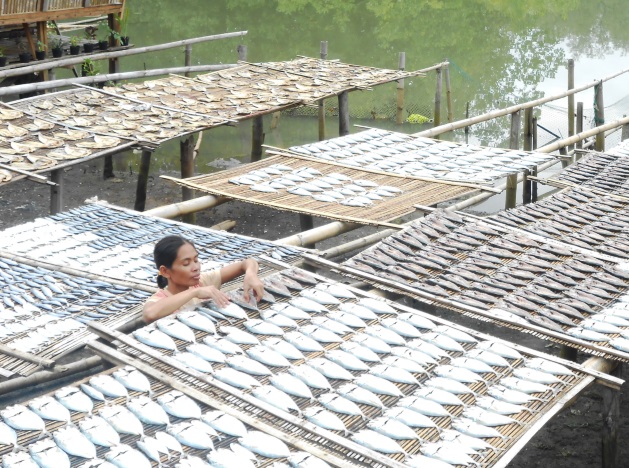
The importance of fish as food
June 1, 2016
Presenters:
Moenieba Isaacs, University of Western Cape, South Africa,
Philip Loring, University of Saskatchewan, Canada,
Joshua Stoll, University of Maine, USA
Online poll:
In preparation for this webinar TBTI is conducted a short online poll. We asked a simple but important question: ‘How often do you eat fish?’ 121 people from around the world completed the poll. The results can be found below.
Concern about food security and malnutrition continues to rise both globally and among communities adjacent to water bodies who must compete with industrial markets for access to locally caught fish. Competition is prevalent, not only in terms of the reliance of people upon fish as food for consumption, but also regarding food-related industries that rely on fish as raw materials. Likewise, the dependence of aquaculture on wild-caught fish, fishmeal, and fish oil add to food security concerns. A persistent question in this milieu of issues, therefore, is how vulnerable are small-scale fishers to malnutrition, and with whom do they compete in order to secure food for their families?
The TBTI ‘Fish-as-Food‘ research cluster addresses these pressing issues through a global scan of small-scale fisheries in marine and inland systems. The ultimate aim of this cluster is to provide evidence that: fish ‒ and in particular small fish ‒ are a critical source of nutrition for humans, and that when more fish are prioritized for local human consumption, both global food security and the sustainability of fisheries will be enhanced.
Moenieba Isaacs and Philip Loring, coordinators of the ‘Fish-as-Food’ cluster, introduce the audience to the cluster, its activities, and provide information about the latest research related to the cluster. In addition, Joshua Stoll, Phd candidate from the University of Maine, the founder of LocalCatch.org, present the work behind this initiative. This is a community-of-practice that is made up of fisherman, organizers, researchers, and consumers from across North America that are committed to providing local, healthful, low-impact, and economy sustainable seafood via community supported fisheries (CSFs) and other direct marketing arrangements.


















